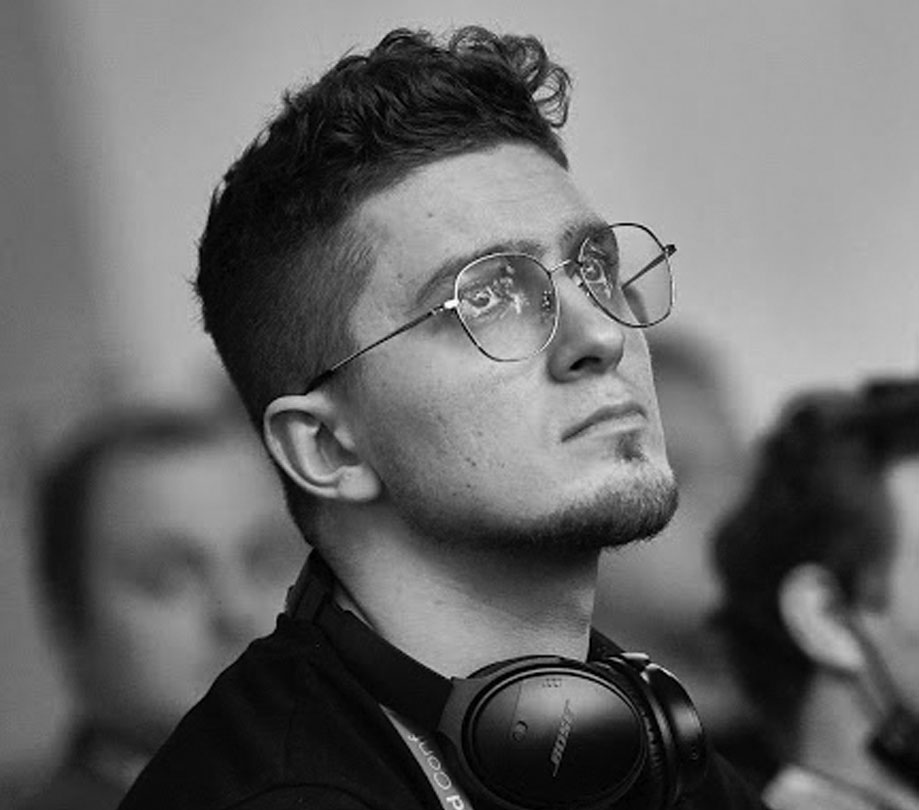
Photo: The Canadian Press
Conservative leadership candidate Pierre Poilievre gestures towards Jean Charest as Roman Baber, left, Scott Aitchison and Leslyn Lewis, right, look on during a debate at the Canada Strong and Free Network conference, in Ottawa, Thursday, May 5, 2022. THE CANADIAN PRESS/Adrian Wyld
Two front-runners in the federal Conservative contest kicked off the race’s only French-language debate Wednesday night with differing visions of Canada, with Ottawa-area MP Pierre Poilievre stressing freedom and former Quebec premier Jean Charest pitching unity.
“My legacy will be the freest country in the world where people will be able to control their lives, including their health decisions,” Poilievre said in his opening statement, highlighting “freedom of speech without censorship by the state or the woke movement.”
Charest said he hopes his legacy as Tory leader would be uniting his party and vaulting it to majority government.
“We will leave a more prosperous country to our children and a united country to our children,” said Charest.
The event took place in Laval, Que., north of Montreal, as a deadline approaches for candidates to have supporters signed up as party members to be eligible to vote in the contest.
Patrick Brown, the mayor of Brampton, Ont., who can also speak French, stressed winning “in urban areas,” which he noted remains a challenge for Conservatives. Brown has spent the race campaigning against a controversial secularism law in Quebec that prohibits some public servants in positions of authority from wearing religious symbols on the job, which he says is an affront to religious freedom.
Candidates took the stage after a language reform bill passed Quebec’s legislature that critics say goes too far in protecting the French language by potentially denying the province’s anglophones the ability to access services like health care in English.
Scott Aitchison, an MP from rural Ontario who’s running, released a statement ahead of Wednesday’s event pledging that a government led by him would work with Quebecers to see the new language bill and province’s religious symbols law repealed.
He called Premier François Legault’s language reform “divisive” and said the bill is “designed to exploit frustrations by discriminating against the English speaking minority in Quebec.”
“Government policies that unite francophones and anglophones are what Canada needs. We cannot allow fear and anger to win in this country,” Aitchison said.
Other candidates staked out positions on matters relevant to Quebecers and the party’s membership in that province as well.
Brown, who is promising to fight Quebec’s religious symbols law in court, said on Wednesday he would get rid of the country’s existing firearms law and replace it with a new one that better balances protecting Canada’s streets with respecting the rights of its citizens.
The Liberal government’s approach to firearms, which includes a regulation banning so-called assault-style weapons, has been a source of frustration for Conservatives, many of whom represent gun owners.
Another rallying cry for Conservative leadership hopefuls Poilievre, Lewis and Roman Baber is to end all remaining COVID-19 mask and vaccine mandates.
Baber is the Independent Ontario MPP whose opposition to a provincial lockdown got him booted from Premier Doug Ford’s caucus. His campaign announced Wednesday that he had won the support of Daniel Bulford, one of the leaders of the weeks-long convoy protest that jammed the streets of Ottawa in February.
Among the themes expected to be discussed during the debate were immigration, health, the party’s future and winning more seats in Quebec.
The latter has been a long-standing issue for the party, which currently only holds 10 of the province’s 78 seats, while the governing Liberals have 35 and the Bloc Québécois boast 32.
Since the Conservative Party of Canada formed in 2003, the most seats it has been able to hold has been 12 under former prime minister Stephen Harper.
Former Tory leader Erin O’Toole tried to change that during last year’s federal election by making numerous campaign stops in Quebec and promising to enter into a new contract with the province that would better respect its areas of jurisdiction.











;Resize=(1180))









Discussion about this post